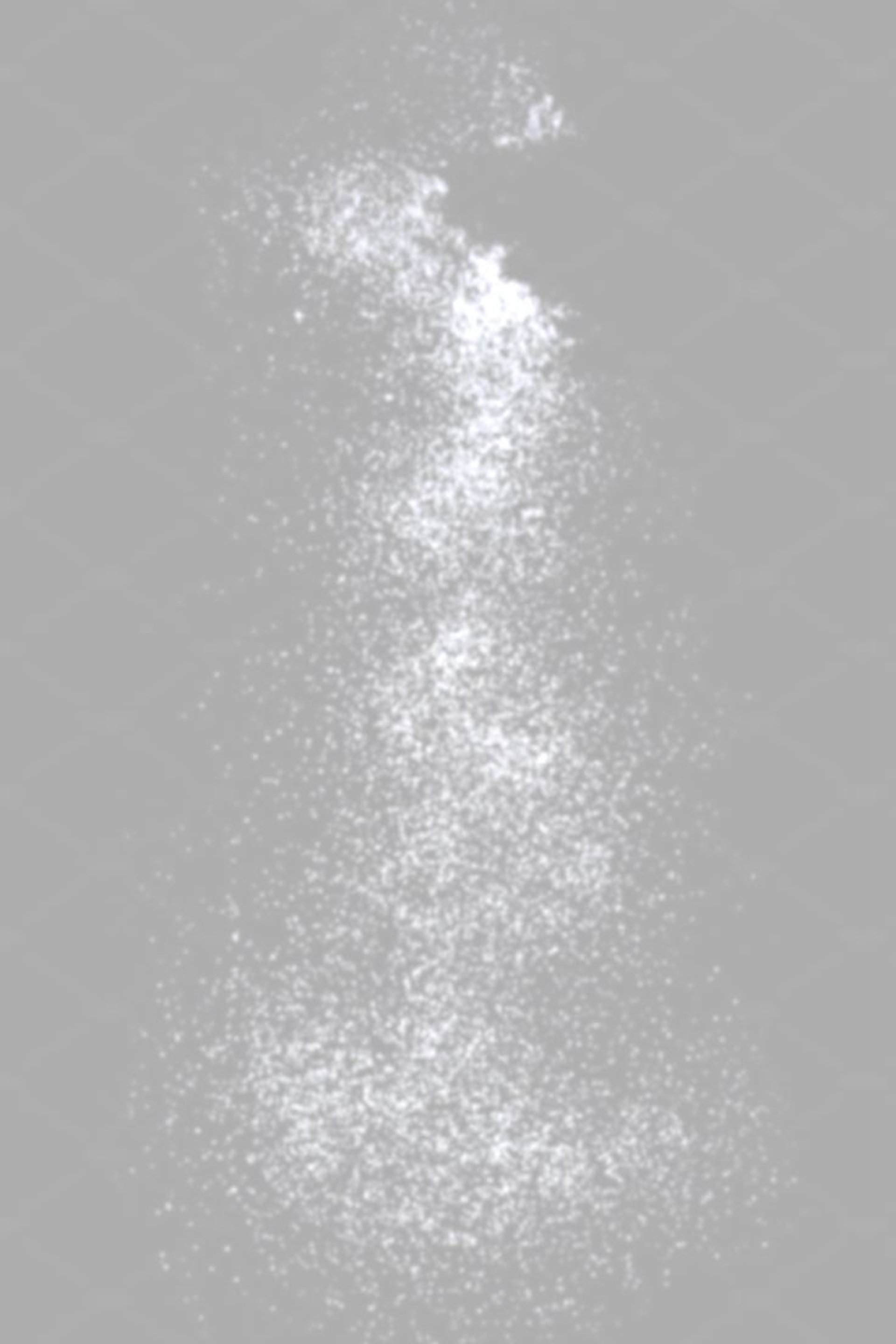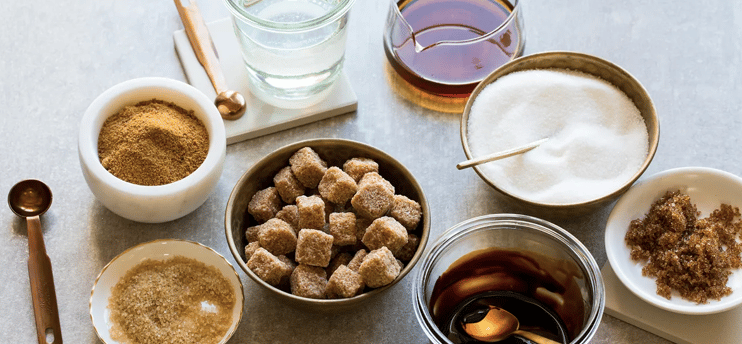Navigating the Sweetener Maze
Making Informed Choices for a Healthier You
NUTRITION
Rohit
5/1/20182 min read



The adverse effects of refined white sugar on our health are well-established, earning it a notorious spot among the "five white poisons." However, the quest for healthier sweeteners often leads to the consideration of alternatives like maple syrup, palm sugar, coconut sugar, stevia, artificial sweeteners, and even honey. This article aims to unravel the truth behind these choices, shedding light on their impact on our bodies and providing insights into safer alternatives.
Maple Syrup, Palm Sugar, and Coconut Sugar
While seemingly healthier than refined white sugar due to potential nutrient content, these sweeteners are often highly processed and lack fiber. As a result, their impact on the body mirrors that of white sugar, leading to blood sugar spikes and potential hormonal imbalances. Occasional use is recommended, if at all.
Stevia - A Natural but Controversial Sweetener
Widely considered a natural substitute for sugar, stevia appears to be an attractive option due to its low-calorie content. However, the body's response to stevia can lead to drops in blood sugar, triggering the release of adrenaline and cortisol. Daily consumption may result in hypoglycemia and hormonal imbalances.
Artificial Sweeteners - Zero Calories, Hidden Risks
Saccharin, aspartame, and sucralose, among other artificial sweeteners, promise zero calories but pose similar risks to stevia. Long-term use has been associated with depression and neurological problems. Lesser-known sweeteners like xylitol and maltitol have been linked to hypertension, headaches, and pre-term births.
Honey - Unveiling the Truth Behind the Buzz
Despite its natural image, commercially available honey often lacks the nutrients found in raw, wild honey. Many store-bought varieties are essentially glorified sugar, derived from bees that are fed sugar. Even the purest honey can cause blood sugar spikes, leading to hormonal imbalances and inflammation.
Safe Sweetening: Fruits and Dry Fruits Take the Lead
In the quest for a daily sweetener, fruits and dry fruits emerge as the healthiest options. These natural sources not only provide sweetness but also pack a nutritional punch, making them ideal for desserts and smoothies. For those without diabetes, jaggery or liquid jaggery can be a suitable addition to hot beverages and various Indian desserts.
For those seeking a versatile sweetener, a date paste made from natural dates offers a nutritious and flavorful alternative. This homemade option can sweeten up smoothies, beverages, and a variety of desserts without the adverse effects associated with refined sugars or artificial sweeteners.
Conclusion
As we navigate the myriad choices in the sweetener landscape, it becomes evident that informed decisions are crucial for our health. Opting for natural alternatives like fruits, dry fruits, liquid jaggery, and homemade date paste can bring sweetness to our lives without compromising our well-being. It's time to rethink our approach to sweetening, embracing options that nourish rather than harm.
Updates in your Inbox
Care@GraciousDwelling.in
+91 8800 22 3096


© 2024 Gracious Dwelling
